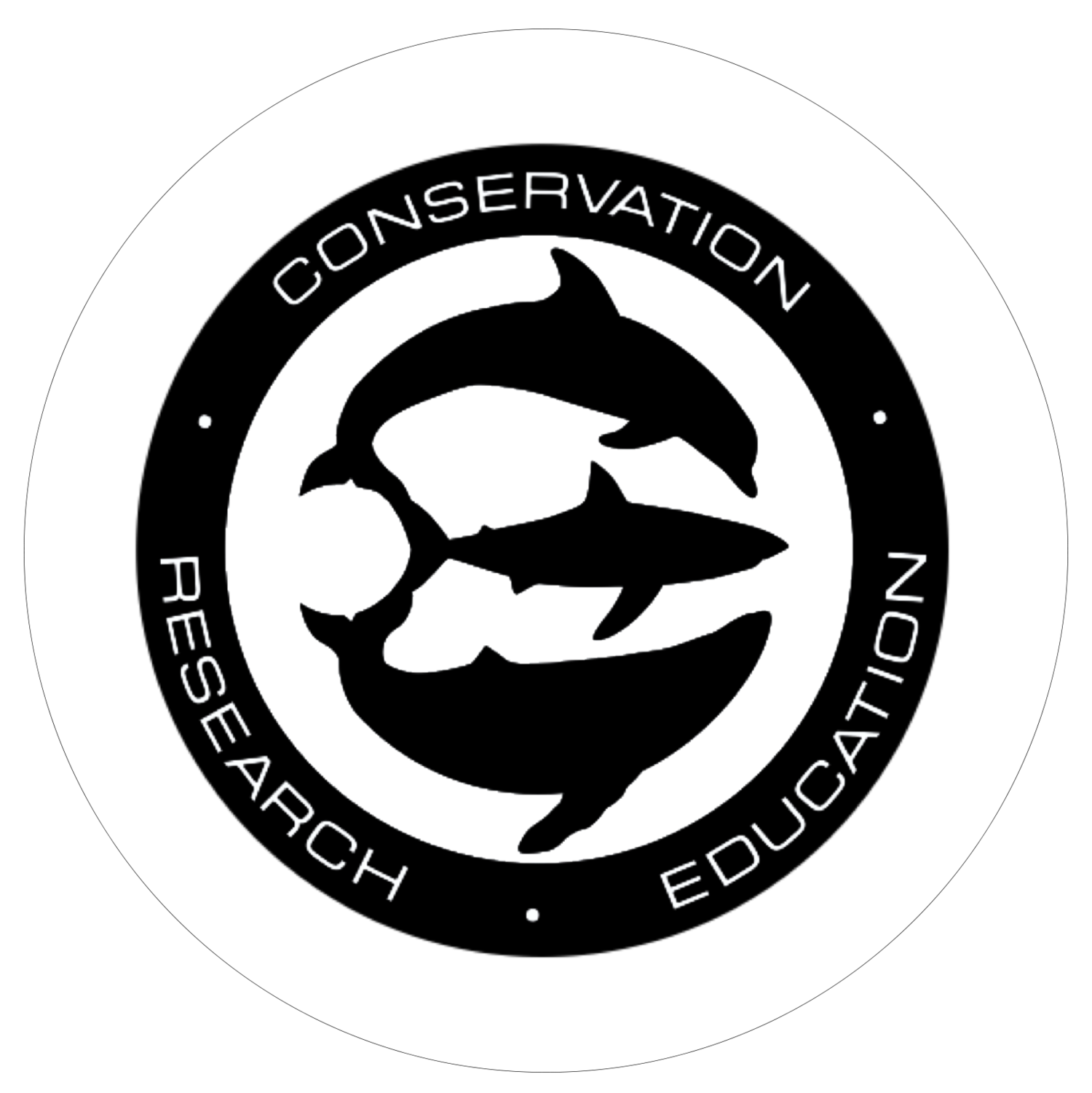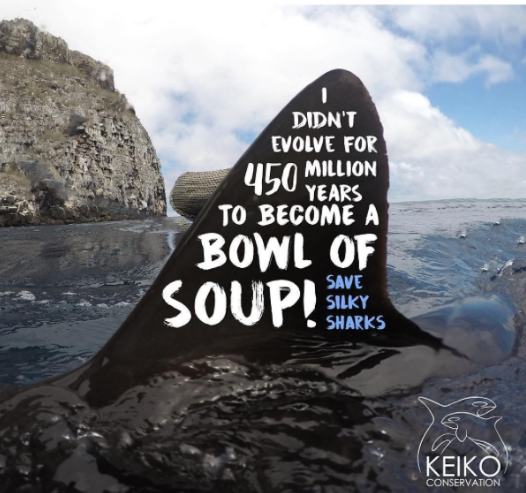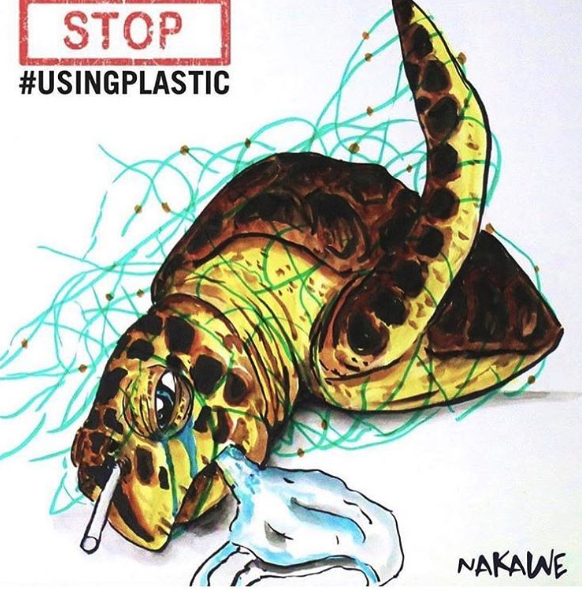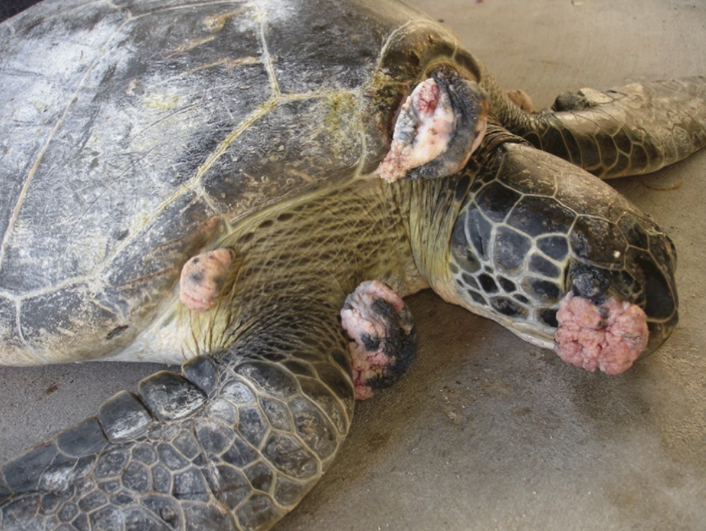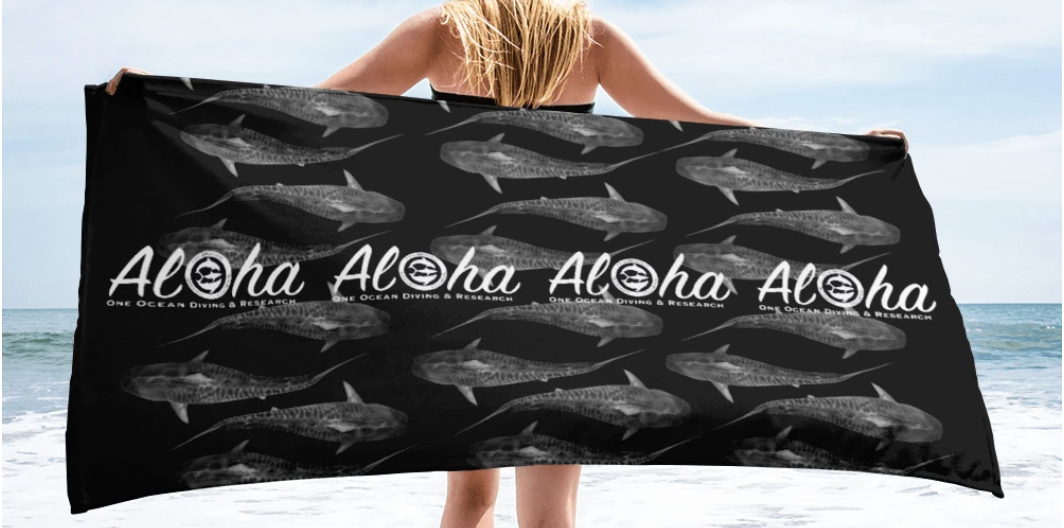CONSERVATION
We hope you will join us soon and thank you for supporting shark and marine research and conservation #sharkandmarineresearchandconservation
We use our marine research to globally inspire conservation. We aim to help people better understand these pelagic animals, the importance they play in their marine ecosystem and the threats they face everyday. The threats pelagic species face have no boundaries, because of their highly migratory life the need for international cooperation and protection is imperative! Our goal is to inspire people worldwide to use their voice to help conserve and protect these amazing animals!
Click the button above to view an interactive map of the plights of different animals and conservation efforts around the globe! Find an organization around you and get involved!
THREATS TO OUR PELAGIC ANIMALS
SHARKS: With 90% of shark species already down just in the last 20 years, shark fin soup, a Chinese delicacy is threatening the survival of sharks as a whole. It is estimated that 100 million sharks are killed annually just for this Chinese dish. This horrific act involves cutting off only the fins of the shark while it is still alive and then throwing it back overboard to slowly die. This wasteful process leaves the shark motionless on the ocean floor unable to swim and breath.
Sharks play a vital role in our ecosystems and are considered a keystone species. They help maintain a healthy ecosystem by eating the dead, dying and weak animals, while regulating prey populations. The health of our oceans depends on a healthy shark population. There are a number of ways you can help get involved in protecting our sharks!
- Don't buy shark teeth, if you do make sure they are from a trusted source and that they are fossilized (black), if they are white it is most likely that they came from shark that was harvested.
- Don't go to a restaurant that sells shark fin soup
- BE aware of the ingredients in your cosmetics. Avoid cosmetics that have squalene/squalane, which is a compound derived from shark liver oil.
- Get involved with organizations that support the protection of sharks and the ban on shark finning! Also ask your local and state government to ban the right to fish for sharks recreationally and commercially, and to ban the selling and shipping of fins and sharks.
KNOW A STORE OR RESTAURANT THAT IS SELLING SHARK PRODUCTS/SHARK FIN SOUP? DOWNLOAD AND SIGN THIS LETTER TO GIVE TO THAT ESTABLISHMENT!
鲨鱼翅汤点击链接下载
WHALES: Here in Hawaii we are lucky to be able to enjoy annual Humpback whale migrations, however these migratory animals are facing entanglement threats locally in our waters and in the high seas. Entanglement, most commonly from commercial fishing gear can lead to drowning, lacerations (deep cuts), severing of limbs, infection and starvation. Entanglement can happen from a wide range of gear and far from human contact. This is why it is imperative that commercial and recreational fishers refrain from dumping their unwanted, tangled or broken gear overboard and properly disposing of it.
Humpback whales and a number of other whale species play an important role in our oceans by recycling nutrients and enhancing primary productivity by mixing up the water column when they surface to feed. Whales also consume a large amount of food, maintaining the population of these animals, like krill and plankton. Because of their sheer size, a whale carcass provides a large amount of food to deep sea environments. It is obvious that our oceans need these gentle giants and below are a few ways you can get involved in protecting whale species:
- Participate in petitions, and ask your local and foreign governments to continue to protect whale species, especially from whaling.
- Dispose of trash properly and pick up any you see.
- Never discard fishing line and hooks in the water because it can entangle a number of marine animals (like the Honu below).
SEA TURTLES: Despite being one of the oldest marine animals, sea turtles are facing a number of threats. 80% of plastic pollution comes from land. It washes or blows from our rivers, storm drains, streets and beaches and into our oceans. As a result sea turtles are accidentally ingesting and/or getting caught in this plastic pollution. When ingested, plastics can choke starve and make a sea turtle very ill. The common types of plastic pollution include: plastic bags, plastic bottles and caps, straws and food wrappers and fishing line. Plastics do NOT biodegrade and break down, instead they photo degrade (from the sun) and break up into smaller and smaller pieces, which we call micro-plastics. Plastics in our environment today will remain in our environment for hundreds of years. Therefore reducing our use of single use plastics will overall reduce the input of plastic pollution we are creating and help protect marine species from potential harm.
Fibropapillomatosis (FP) is a debilitating disease that is affecting sea turtles worldwide, and including here in Hawaii! This disease is linked to external tumor growths that can grow so large that they hinder the sea turtles ability to see, swim and feed. Research efforts are still trying to understand what exactly is the cause of this virus and how it is spreading, but it is hypothesized that pollutants may play a role in the movement of this virus. Here are some ways you can #helpsavethehonu
- Reduce your use of single use plastics: plastic water bottles--> reusable water bottles, plastic bags --> reusable bags, say NO to straws.
- Pick up any trash you find on the ground (even trash in landlocked areas can eventually end up in the ocean by streams and rivers)
- Participate in beach cleanups!
- Be aware of runoff from your lawn and driveways. A study in 2014, discovered that Nitrogen found in urban and agricultural runoff off from the Hawaiian Islands is being stored in the seaweed and algae that sea turtles are feeding on. They believe that this contaminated algae is aiding the virus in spreading.
OUR PARTNERS
One Ocean Diving is an official sponsor of the nonprofit shark and marine conservation group WATER INSPIRED, founded in 2005 by Ocean Ramsey and Juan Oliphant. The goal was to inspire the world to care about and help protect marine life, especially sharks. Today the organization has grown to include an array of dedicated watermen and water women, from scientists, naturalists, professional dive instructors, photographers and videographers to PhD, Masters and undergraduate students in the marine-science field. Our goal is to help people gain a better understanding and appreciation for marine life in our oceans!
One Ocean Diving is also in association with OCEAN RAMSEY (www.oceanramsey.com) with the focus on changing the perspective people have on sharks. Through peaceful interaction and photography and videography, Ocean Ramsey hopes to promote sharks as they truly are: amazing, beautiful, and important animals that need to be protected.
As One Ocean Diving has grown over the last few years we have been lucky enough to be able to expand our research and conservation efforts to include two more pelagic species- the Hawaiian Green Sea Turtle and Humpback Whales! Our Honu Program is in collaboration with SAVE THE SEA TURTLES INTERNATIONAL based here on the North Shore. Due to rapidly decreasing populations worldwide, we focus on understanding the main threats to their survival- marine debris (plastics and fishing gear) and toxins flowing off land into their environment. Our goal to to continue to preserve these already ancient animals!
KEIKO CONSERVATION is an organization dedicated to making a big impact through small actions of people worldwide. Through social media and online platforms, Keiko and One Ocean Diving provide an easy way for people to work together to make change at the local and global level. Keiko Conservation is a large part of our Humpback Whale tour that focuses research efforts to record and track whale song to better understand these animals and to inspire people to speak up for these beautiful wild and free animals.
